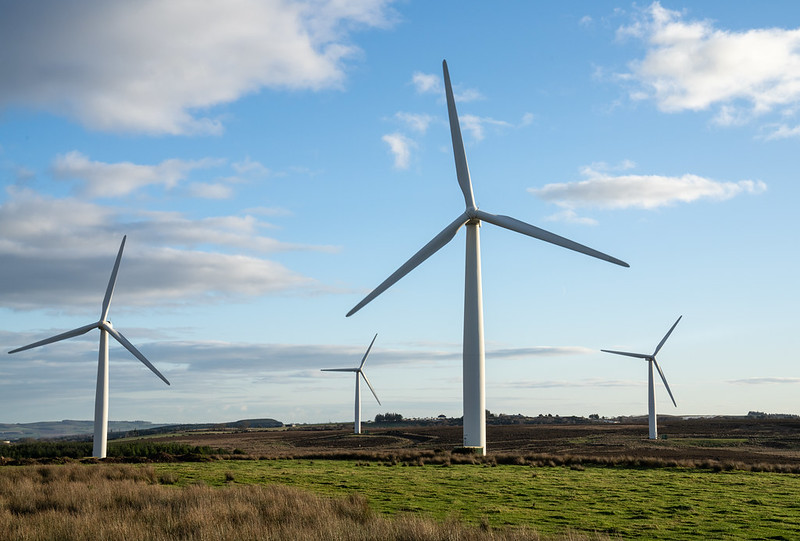Research helping to cut emissions and create jobs

A new evaluation estimates that a Scottish Government-funded research programme has contributed £680 million to Scotland’s economy by helping to create jobs and further education qualifications, save carbon emissions and reduce the impacts of animal diseases.
The Environment, Natural Resources and Agriculture (ENRA) Strategic Research Programme has invested over £50 million a year into scientific projects that focus on key issues in both the agricultural and environment sectors. Past projects include:
- Covid monitoring in Scottish wastewater: This analysis provided the evidence needed to begin monitoring sewage to gauge the amount of viral Covid matter, allowing the spread of Covid in the community to be monitored and reported.
- Coastal Flooding and Erosion: This research programme created a pan-government partnership that has transformed Scotland’s public sector’s understanding of coastal change and the risks from coastal flooding and erosion under a changing climate.
- The reintroduction of hemp as an environmental and healthy crop: The research conducted on hemp has demonstrated that this valuable environmental crop can not only contribute to meeting climate and biodiversity targets, but can also deliver high-quality alternative protein and other health benefits.
The evaluation of past research will improve the delivery of new research projects for 2022-2027.
Rural Affairs, Land Reform and Islands Secretary Mairi Gougeon said:
"The Environment, Natural Resources and Agriculture Strategic Research Programme has funded world-class research at Scotland's SEFARI Research Institutes that addresses nationally relevant goals around protecting and sustaining Scotland's environment.
“During the pandemic, the monitoring of Covid-19 in Scottish wastewater was a crucial part of the government’s emergency response – helping us to measure the spread and mutation of the virus and keep people safe.
“Research has addressed many other challenges including animal and plant health, regenerative farming, water quality, peatland restoration and land reform. Resulting science has helped to shape government policy and support innovation by Scottish producers and land managers.
“As Scotland's climate changes, this research has supported business resilience and future-ready communities across the nation."
Professor Mathew Williams, Chief Scientific Adviser for Environment, Natural Resources and Agriculture said:
“Scotland continues to face the twin challenges of the climate and cost of living crises. In order to tackle them, we must continue to innovate and seek solutions that will improve our economic resilience and further protect our natural environment.
“The ENRA Strategic Research programme is a crucial asset that has funded scientific study to support our efforts to mitigate the effects of climate change whilst helping to futureproof our rural economy.
“I am delighted that the programme continues to provide real value to Scotland’s people and our environment, and I look forward to seeing the impact that future research will have.”
Background
2016-2022 Rural Affairs, Food and Environment Research Programme Evaluation Main Report
2016-2022 Rural Affairs, Food and Environment Research Programme Evaluation - Highlights Report


